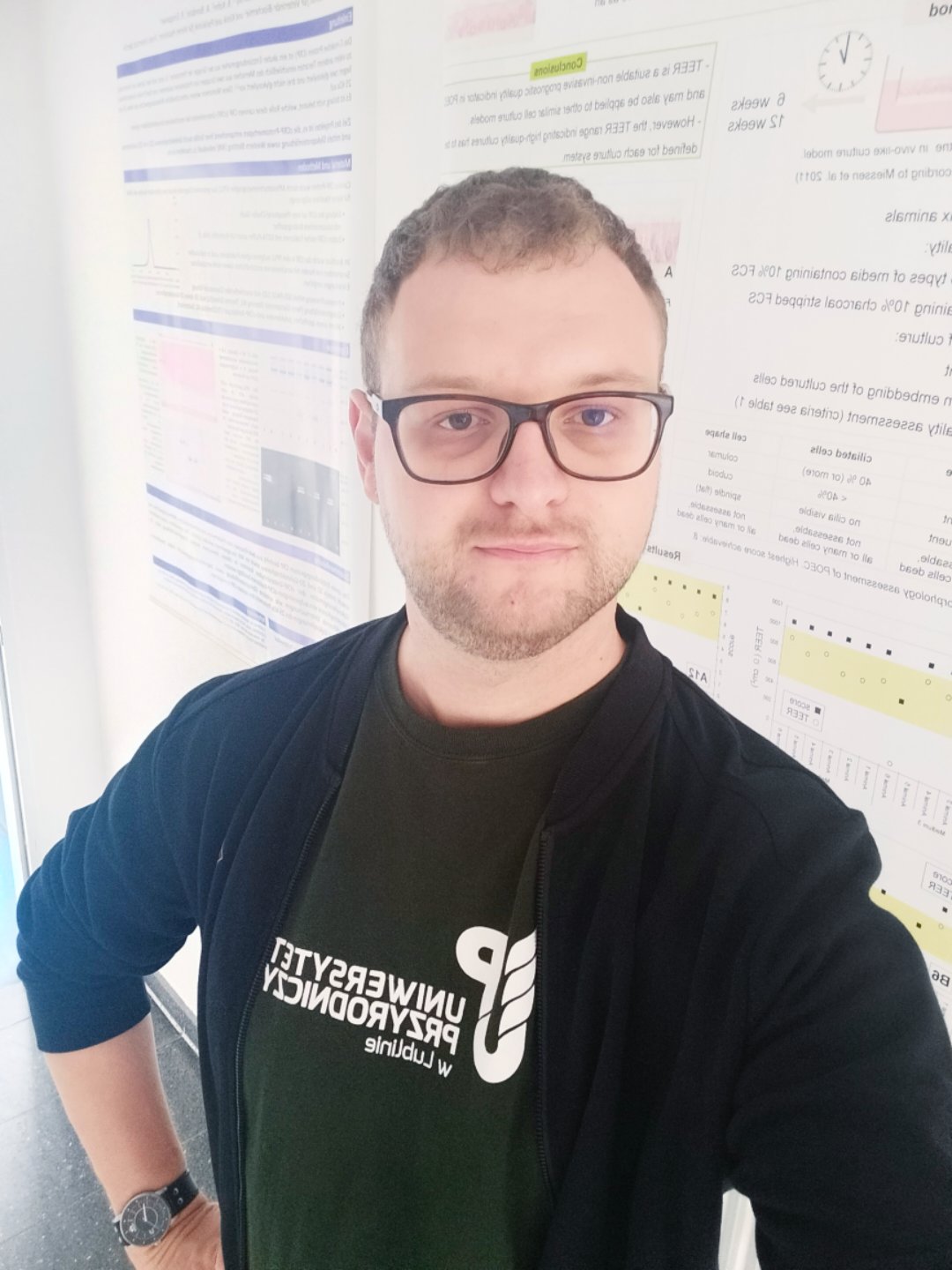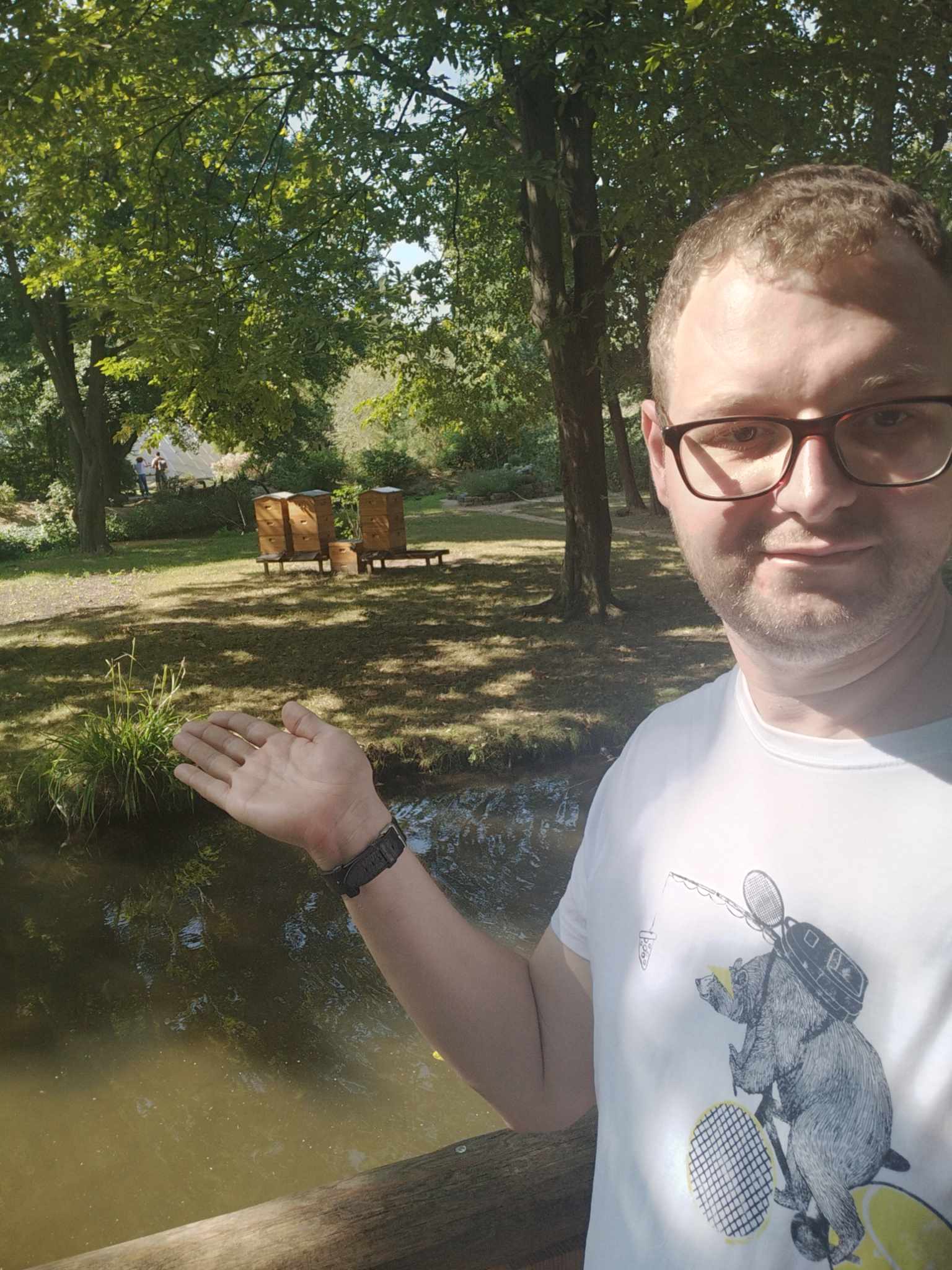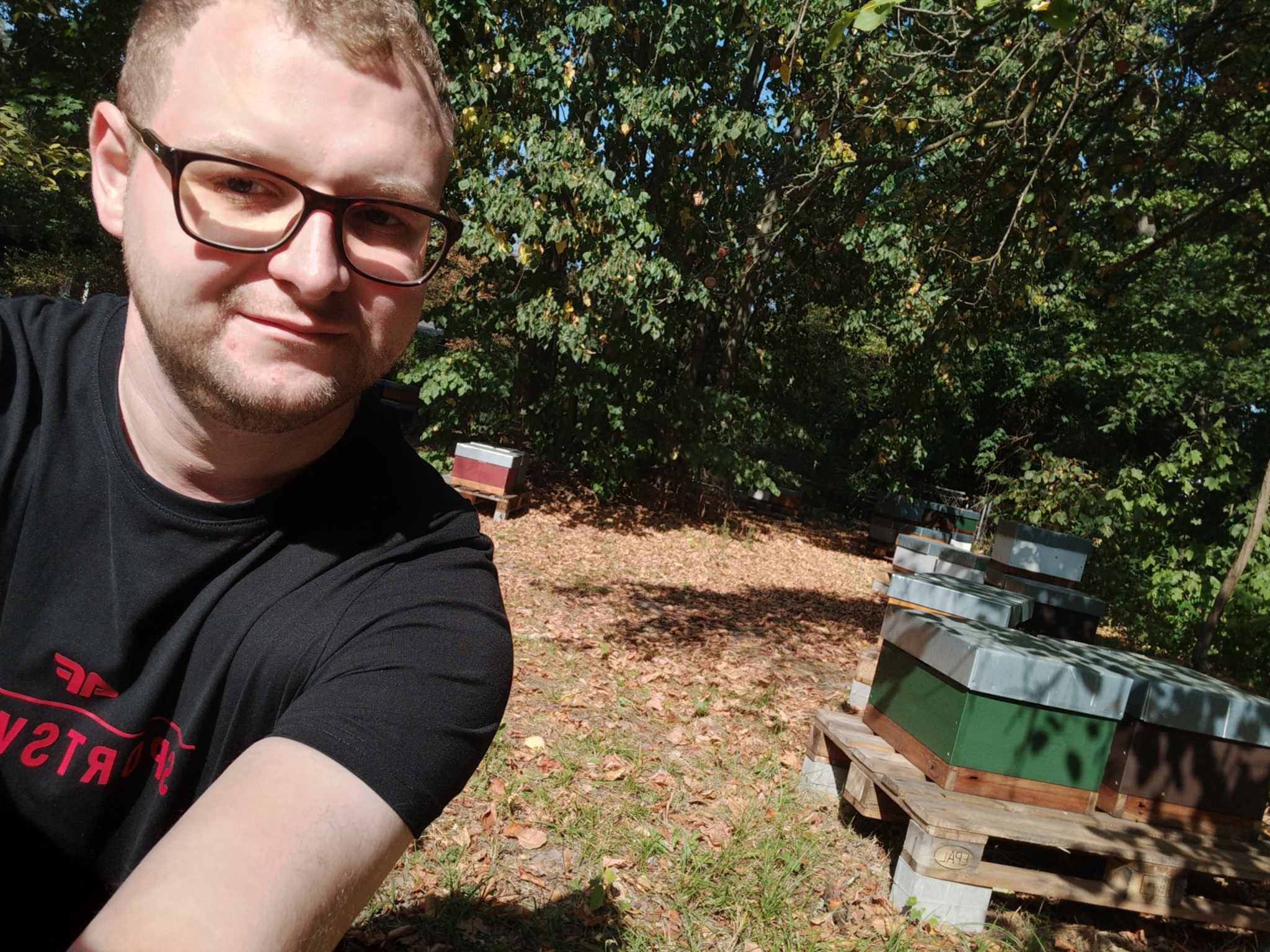
From 2nd September to 16th September, third-year PhD student Maciej Bryś participated in a research internship at the Institute of Veterinary Biochemistry at Freie Universität Berlin.
The main goal of the visit was to become familiar with methods used in molecular biology for studying the genetic material of the honeybee.
In Poland, Germany, and across Europe, there are issues related to the decline in biodiversity of pollinating insects, linked to bacterial, viral, and fungal diseases in bees, as well as the use of pesticides and large-scale farming, which leads to a reduction in insect diversity.
The objectives of the internship included:
- learning molecular biology techniques used in honeybee research,
- discussing and confronting scientific viewpoints,
- establishing scientific relationships,
- developing soft skills,
- overcoming the language barrier in using English,
- learning about international cultures and customs.
During the internship:
- I learned RNA isolation techniques from different parts of the honeybee’s body,
- I became familiar with RT-PCR techniques,
- I conducted gene expression analyses using the RT-qPCR method,
- I participated in an institute workshop titled “Training and expression profiling using bee total RNA.”
The university has its own research apiary.
In summary, the internship at the Institute of Biochemistry provided an opportunity to become acquainted with modern techniques for studying gene expression related to insect immunity. I gained practical skills in RNA isolation from bee tissues. The memories will last long, and the scientific contacts made will be maintained.
University of Life Sciences in Lublin
13 Akademicka Street, 20-950 Lublin
VATIN 712 010 37 75
REGON no. 000001896
ePUAP: /UP-Lublin/SkrytkaESP



